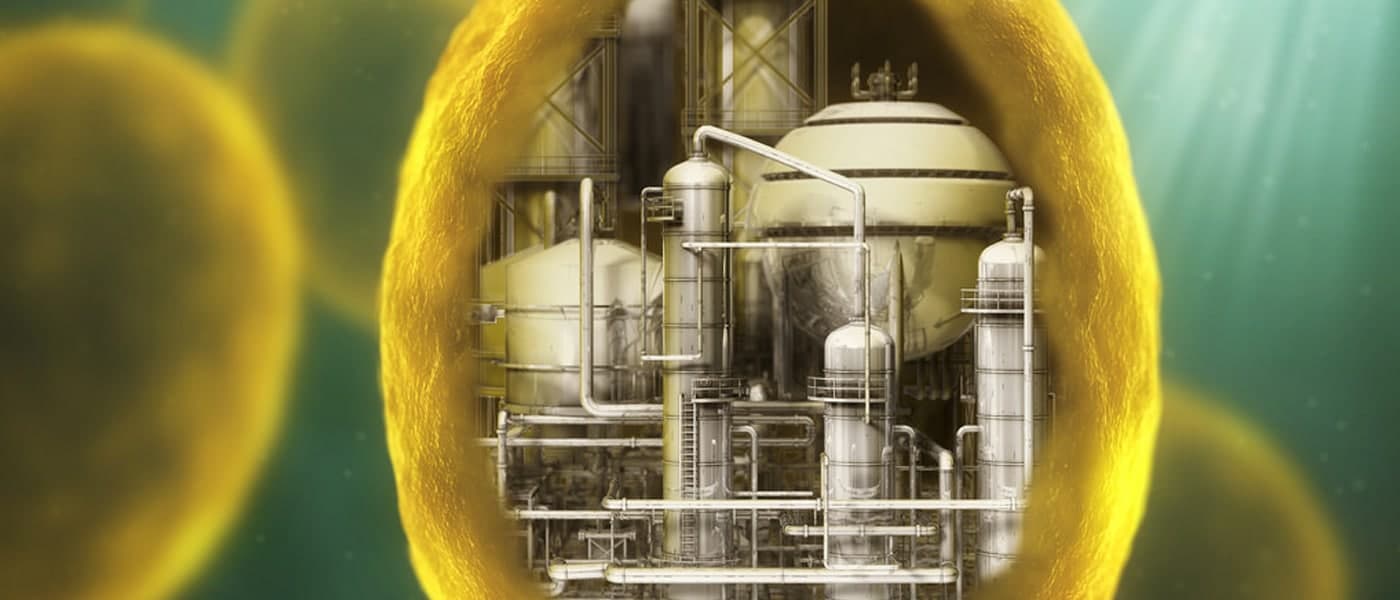Custom-By-Design Organisms
Gingko Bioworks launched their new laboratory last month—an automated "factory" that mass-produces genetically modified organisms.
The organism company's tagline is "Biology By Design," and it aims to deliver just that in their second foundry, which is equipped with numerous robots that mash together huge batches of genes to churn out new and exotic lifeforms. Gingko Bioworks puts together engineering principles and biology to create these lifeforms sought for industries of fragrance, cosmetics, and personal care, to name a few.
Synthetic biology is increasing in popularity for its promising applications. For example, Gingko Bioworks' recent launch was celebrated with their own brew of beer made using a DNA cross of brewer's yeast and an orange tree. Reportedly, it was described as citrusy and delicious. Another custom-by-design organism is in the works for Gingko Bioworks' partnership with French perfumier, Robertet, where a rose oil-producing yeast is being developed. The benefit of such modification in the yeast is business: extracting traditional rose oil from petals is expensive, but snipping together the right genes from a rose plant to a yeast cell could pave the way to quality—albeit nontraditional—oil.
Engineering Control
Gingko is ambitiously working through the complexities of biology and genetics to create these experimental organisms. The company boasts of a design-build-test cycle: gene-enzyme mixes designed from the company's scientific database is put together in a hundred different ways, and the "mashup" that services a client's needs best is accepted as the new organism's genetic profile. Their new liquid-handling robots like the Echo 525 make large-scale experimentation possible.
The advancement and sophistication of bioengineering technology is making it really simple for humans (especially with dropping prices of manufactured DNA—the very building blocks Gingko uses) to create and control life on this planet. This power could be used to improve many lives—yet, caution is important to ensure there are not any unintended negative consequences. Continued study and academic discussion about this science is imperative to bring together a community that actively benefits from and guards it.
Share This Article
